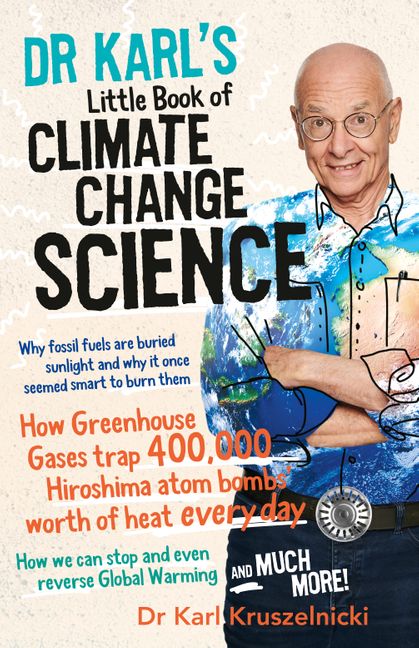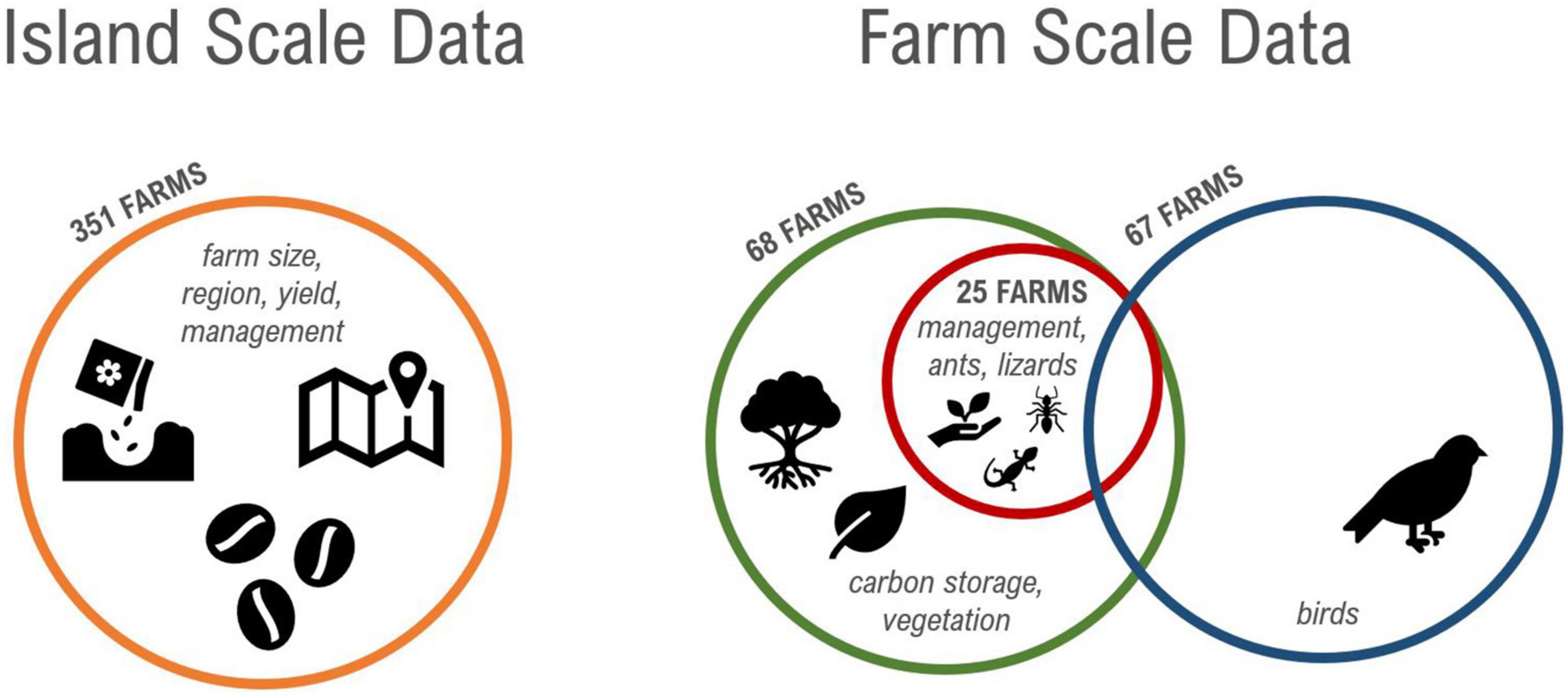Overview of Climate Change Governance in Scotland: Emphasizing Sustainable Development Goals
Introduction
This report examines the governance framework addressing climate change in Scotland, focusing on the division of powers between Scottish and UK authorities. It highlights the complexities of devolved and reserved responsibilities in the context of achieving the statutory target of Net Zero greenhouse gas emissions by 2045. The analysis is framed within the context of the United Nations Sustainable Development Goals (SDGs), particularly SDG 13 (Climate Action), SDG 7 (Affordable and Clean Energy), and SDG 11 (Sustainable Cities and Communities).
International Obligations and Local Powers
International Commitments and Their Impact
Climate policy in Scotland is influenced by international agreements to which the UK government is a signatory. The UK is committed under the United Nations Framework Convention on Climate Change (UNFCCC) and the Paris Agreement (2015) to reduce greenhouse gas emissions by at least 81% by 2035 compared to 1990 levels. These commitments align with SDG 13 (Climate Action).
- Other international agreements, such as the Montreal Protocol on ozone-depleting substances, also impact emissions regulations.
- International trade agreements impose constraints on policy options, affecting product standards and local content requirements in energy projects.
- The EU-UK Trade and Cooperation Agreement mandates maintaining climate protection levels, influencing regulatory alignment and market integration.
Role of Local Authorities
Local authorities in Scotland hold significant powers that affect climate action, including:
- Planning controls over specific projects.
- Implementation of Low Emission Zones and transport policies (SDG 11).
- Management of schools, housing, and community services that influence sustainable living.
The cooperation between Scottish Ministers and local governments is critical for delivering practical climate solutions.
Defining the Boundaries of Devolved and Reserved Powers
The Scotland Act 1998
The Scotland Act 1998 delineates reserved matters retained by the UK government and devolved matters managed by the Scottish Parliament. However, the division is complex and sometimes ambiguous, affecting climate-related governance.
| Devolved Matters | Reserved Matters |
|---|---|
| Agriculture, forestry, and fisheries | Consumer protection policy |
| Consumer advocacy and advice | Defence and national security |
| Economic development | Energy (most aspects) |
| Education and training | Financial services |
| Energy (some aspects) | Foreign affairs |
| Environment | Taxation (some aspects) |
| Freedom of information | Trade and industry |
| Health and social services | Transport (some aspects) |
| Local government | |
| Taxation (some aspects) | |
| Transport (some aspects) |
Source: Scottish Parliament – Devolved and Reserved Powers
Complexities in Power Division
- Disputes may arise over whether specific measures fall under devolved or reserved categories, e.g., environmental protection versus corporate reporting.
- Scottish Ministers may act on behalf of the UK government in certain reserved areas, such as consenting to electricity projects.
- Concurrent legislative powers exist in some devolved areas, e.g., producer responsibility obligations.
- Post-Brexit arrangements have introduced UK powers within devolved areas, complicating governance.
Intergovernmental Coordination
Effective climate action requires coordination between Scottish and UK governments, often through Common Frameworks. This coordination supports the implementation of policies consistent with SDG 17 (Partnerships for the Goals).
Legal Methods and Economic Powers
Regulatory and Economic Constraints
The legal mechanisms used to exercise control over climate-related policies differ between Scottish and UK authorities:
- UK authorities regulate product standards and trade descriptions, limiting Scotland’s ability to set certain environmental standards.
- Economic powers, including taxation, are divided, with some powerful climate-related fiscal tools unavailable to Scotland.
- The United Kingdom Internal Market Act 2020 restricts Scotland’s ability to prohibit goods legally sold elsewhere in the UK, affecting policies such as bans on single-use plastics.
Examples of Taxation Powers
- Scottish Air Departure Tax
- Landfill Tax
- Scottish Aggregates Tax
These devolved taxes contribute to climate action but are limited compared to UK-wide fiscal tools.
Financial Aspects and Capacity for Climate Action
Fiscal Sustainability and Resource Allocation
The capacity of Scottish authorities to implement climate policies depends on financial resources and interdependencies with UK budgets. The Scottish Fiscal Commission’s 2024 report on Fiscal Sustainability Perspectives highlights:
- Asymmetries in spending affecting Scotland’s ability to act on climate change.
- Influence of UK government decisions on resource allocation within devolved and reserved matters.
- Direct UK funding schemes, such as City Region and Growth Deals, and support for carbon capture and low-carbon projects (e.g., the Acorn project and Grangemouth developments).
Public Sector Role in Climate Action
The Scottish Government’s role as a public sector consumer offers opportunities to stimulate demand for low-carbon goods and services, supporting SDG 12 (Responsible Consumption and Production). However, UK rules on public procurement and subsidies may limit these actions.
Conclusion
The governance of climate change in Scotland is characterized by a complex interplay of devolved and reserved powers, international obligations, and local authority roles. Achieving the Net Zero target by 2045 requires integrated action across multiple government levels and sectors, consistent with the Sustainable Development Goals, particularly SDG 13 (Climate Action), SDG 7 (Affordable and Clean Energy), SDG 11 (Sustainable Cities and Communities), and SDG 17 (Partnerships for the Goals).
Further analysis of sector-specific governance and powers is available in the accompanying report, The Climate Jigsaw Part Two: Sectoral Issues in Devolution and Climate Change.
References
- United Nations Framework Convention on Climate Change (UNFCCC)
- Paris Agreement (2015)
- Scottish Parliament – Devolved and Reserved Powers
- Scottish Fiscal Commission: Fiscal Sustainability Perspectives: Climate Change (2024)
- Schedule 5 to the Scotland Act 1998
Author: Professor Colin Reid, Emeritus Professor of Environmental Law, University of Dundee
1. Sustainable Development Goals (SDGs) Addressed or Connected to the Issues Highlighted in the Article
- SDG 13: Climate Action
- The article focuses on climate change policies, emission reduction targets, and international climate commitments such as the Paris Agreement and the UK’s Nationally Determined Contribution.
- SDG 7: Affordable and Clean Energy
- Discussion on energy governance, including devolved and reserved powers over energy policy and projects, and alignment with EU electricity market and Emissions Trading Scheme.
- SDG 11: Sustainable Cities and Communities
- Local authorities’ roles in planning controls, Low Emission Zones, housing, and transport, impacting sustainable urban development.
- SDG 12: Responsible Consumption and Production
- References to producer responsibility obligations, bans on single-use plastics and vapes, and product standards affecting consumption patterns.
- SDG 15: Life on Land
- Devolved matters include agriculture, forestry, and environment, which relate to sustainable land use and ecosystem protection.
- SDG 16: Peace, Justice and Strong Institutions
- The article discusses governance complexities, legal frameworks, and intergovernmental cooperation essential for effective climate action.
2. Specific Targets Under Those SDGs Identified Based on the Article’s Content
- SDG 13: Climate Action
- Target 13.2: Integrate climate change measures into national policies, strategies, and planning – reflected in the statutory Net Zero by 2045 target and UK’s international commitments.
- Target 13.3: Improve education, awareness-raising and human and institutional capacity on climate change mitigation and adaptation – implied through multi-level governance and committee involvement.
- SDG 7: Affordable and Clean Energy
- Target 7.2: Increase substantially the share of renewable energy in the global energy mix – implied via discussions on energy projects and emissions trading schemes.
- Target 7.a: Enhance international cooperation to facilitate access to clean energy research and technology – implied through UK-EU cooperation on electricity markets.
- SDG 11: Sustainable Cities and Communities
- Target 11.2: Provide access to safe, affordable, accessible and sustainable transport systems – linked to local authorities’ control over transport and Low Emission Zones.
- Target 11.6: Reduce the adverse per capita environmental impact of cities – connected to planning controls and environmental policies at local levels.
- SDG 12: Responsible Consumption and Production
- Target 12.4: Achieve environmentally sound management of chemicals and wastes – linked to bans on single-use plastics and vapes.
- Target 12.5: Substantially reduce waste generation through prevention, reduction, recycling and reuse – implied through producer responsibility obligations.
- SDG 15: Life on Land
- Target 15.2: Promote the implementation of sustainable management of all types of forests – related to devolved powers over forestry and environmental protection.
- SDG 16: Peace, Justice and Strong Institutions
- Target 16.6: Develop effective, accountable and transparent institutions at all levels – reflected in the complex governance arrangements and intergovernmental cooperation described.
3. Indicators Mentioned or Implied in the Article to Measure Progress Towards the Identified Targets
- Greenhouse Gas Emissions Reduction
- Indicator: Percentage reduction in greenhouse gas emissions compared to 1990 levels, linked to the UK’s commitment to reduce emissions by at least 81% by 2035.
- Implementation of Net Zero Statutory Target
- Indicator: Progress towards achieving Net Zero emissions by 2045 as set by Scottish statutory targets.
- Coverage and Enforcement of Low Emission Zones
- Indicator: Number and effectiveness of Low Emission Zones implemented by local authorities.
- Adoption of Bans on Single-Use Plastics and Vapes
- Indicator: Legislative enactment and enforcement status of bans on single-use plastics and single-use vapes.
- Energy Market Integration
- Indicator: Degree of alignment and integration with EU electricity market and Emissions Trading Scheme.
- Financial Resources Allocated to Climate Initiatives
- Indicator: Funding levels from UK and Scottish budgets for climate-related projects such as City Region and Growth Deals, carbon capture and low-carbon developments.
4. Table of SDGs, Targets and Indicators
| SDGs | Targets | Indicators |
|---|---|---|
| SDG 13: Climate Action |
|
|
| SDG 7: Affordable and Clean Energy |
|
|
| SDG 11: Sustainable Cities and Communities |
|
|
| SDG 12: Responsible Consumption and Production |
|
|
| SDG 15: Life on Land |
|
|
| SDG 16: Peace, Justice and Strong Institutions |
|
|
Source: spice-spotlight.scot






